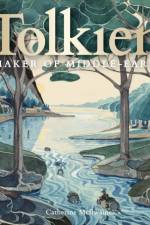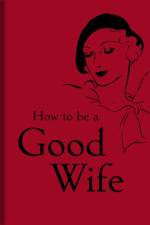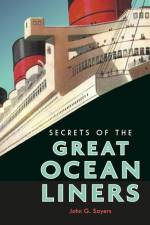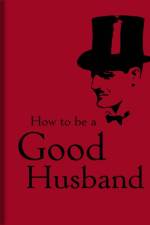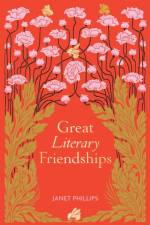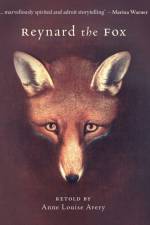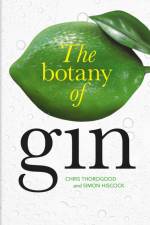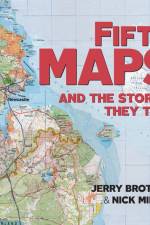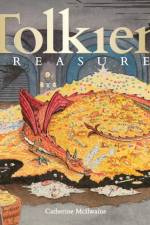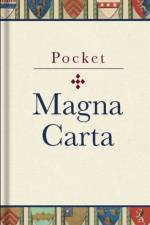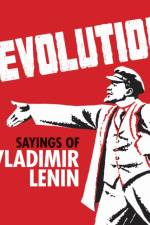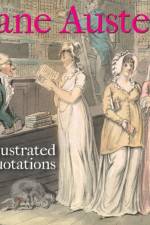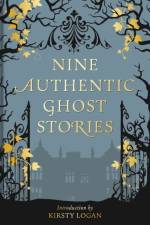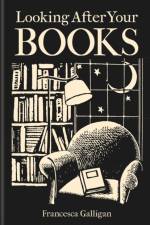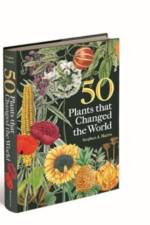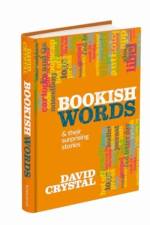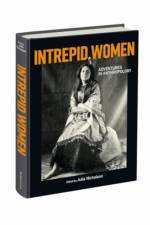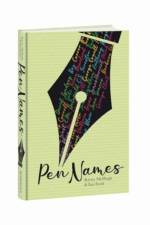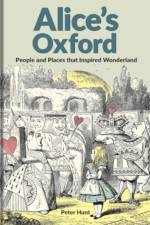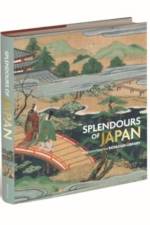av Kathryn (University of Oxford) Sutherland
347
A new kind of biography on Jane Austen examining the objects she encountered during her life alongside newer memorabilia inspired by the life she lived. More than two hundred years after Jane Austen's death at the age of just forty-one, we are still looking for clues about this extraordinary writer's life. What might we learn if we take a glimpse inside the biographies of objects that crossed her path in life and afterward: things that she cherished or cast aside, that furnished the world in which she moved, or that have themselves been inspired by her legacy? Among objects described in this book are a teenage notebook, a muslin shawl, a wallpaper fragment, a tea caddy, the theatrical poster for a play she attended, and the dining-room grate at Chawton Cottage where she lived. Poignantly, the last manuscript page of her unfinished novel and a lock of hair, kept by her devoted sister, Cassandra, are also featured. Objects contributing to Austen's rich cultural legacy include a dinner plate decorated by Bloomsbury artists Vanessa Bell and Duncan Grant, Grayson Perry's commemorative pot from 2009, and even Mr Darcy's wet shirt, worn by Colin Firth in the 1995 BBC adaptation. This is a different kind of biography, in which objects with their own histories offer shifting entry points into Jane Austen's life. Each object, illustrated in color, invites us to meet Austen at a particular moment when her life intersects with theirs, speaking eloquently of past lives and shedding new light on one of our best-loved authors.

